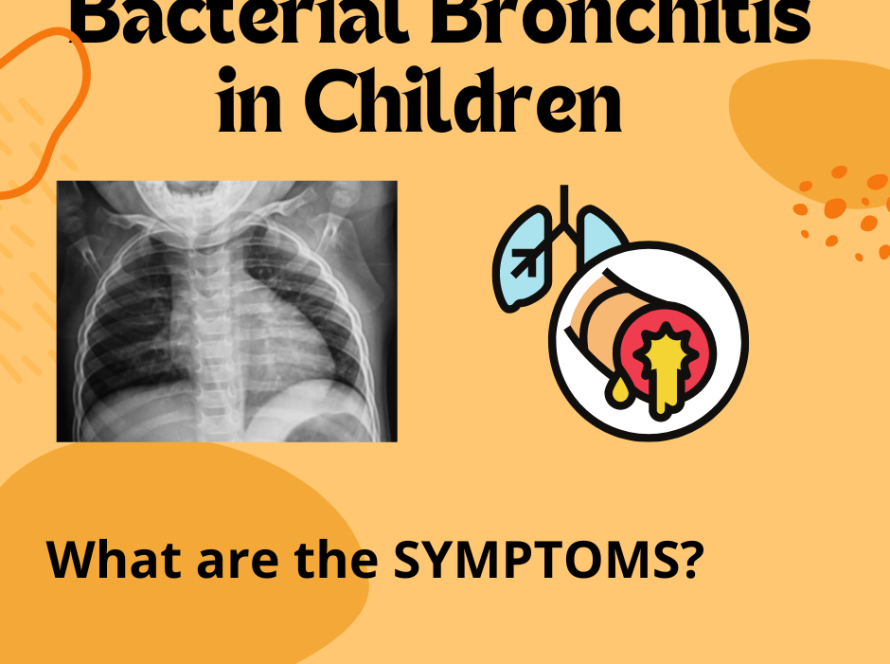Asthma is a chronic condition that affects the airways, causing them to become inflamed and narrow, leading to difficulty breathing. Exercise-induced bronchoconstriction (EIB) is a common issue where physical activity triggers asthma symptoms. However, with proper management, most children with asthma can participate in sports without significant problems. In fact, regular physical activity is beneficial for their overall health and can improve asthma control. However, managing asthma effectively while engaging in sports requires careful planning and proactive measures. The following steps are important to consider.

Assess Asthma Control
Before starting any new sports activity, it’s crucial to consult with your child’s pediatrician. A good asthma control is very important to allow a child to do physical activity without any symptoms of cough, breathlessness and wheezing. Your child allergist or pulmonologist can:
- Assess Asthma Control: Determine if the child’s asthma is well-managed and whether any adjustments to medication are needed.
- Perform Lung Function Tests: Spirometry and Impulse Oscillometry are very useful in assessing lung function in children. It’s important to keep lung functions in normal range. Asthma medications might need to be adjusted.
- Perform Allergy Tests: Allergy tests can help to identify various allergens like pollens, fungal spores etc that might be triggering your child’s asthma. Skin prick tests are the most sensitive and specific allergy tests.
- Provide Recommendations: Suggest appropriate sports and provide guidance on how to manage symptoms during physical activity.
Prepare for Exercise
Proper preparation can help minimize asthma symptoms during sports:
- Warm-Up and Cool-Down: Ensure a proper warm-up before and a cool-down after physical activity to prevent sudden changes in breathing.
- Use Medication as Prescribed: Follow the doctor’s instructions on using inhalers or other medications before exercise.
- Monitor Environmental Triggers: Be aware of environmental conditions that might trigger asthma, such as cold air or high pollen levels. Adjust activities as needed.
- Educate Coaches and Teachers: Make sure that coaches, teachers, and anyone involved in your child’s sports activities are aware of their asthma and know how to respond in case of an asthma attack.
Participating in sports can enhance a child’s physical fitness, boost their confidence, and help them develop valuable teamwork and social skills. With proper management, asthma doesn’t have to be a barrier to enjoying sports and physical activities. For proper assessment and treatment of asthma in children do meet a child pulmonologist or allergist.






